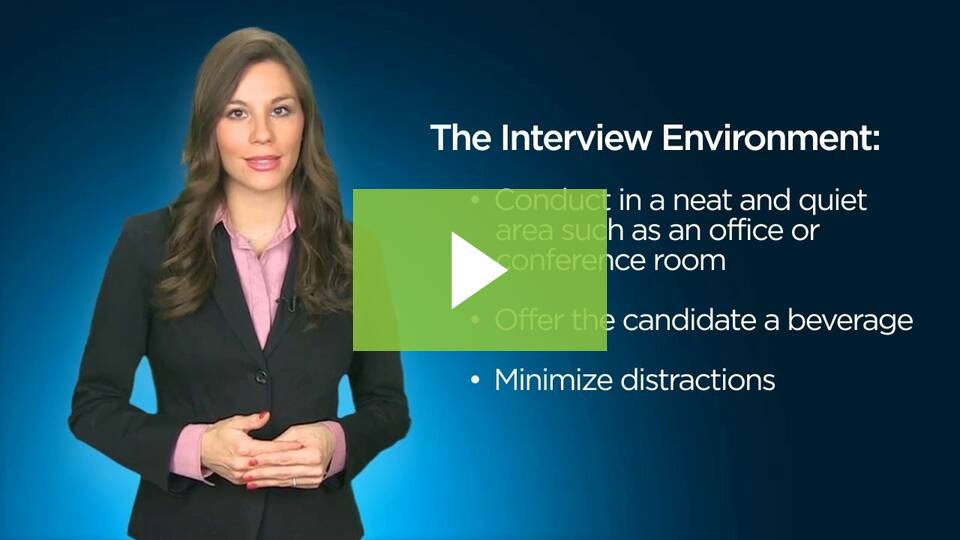EEOC Issues FAQs on COVID-19 and Caregiver Discrimination
|
|

On March 14, 2022, the Equal Employment Opportunity Commission (EEOC) issued a new set of frequently asked questions and answers (FAQs) related to the COVID-19 pandemic. The new FAQs discuss how certain employment actions based on an employee’s need to protect or care for another person may violate federal fair employment laws enforced by the EEOC. Among others, these laws include Title VII of the Civil Rights Act (Title VII) and the Americans with Disabilities Act (ADA).
Caregivers and Protected Traits
Although EEOC-enforced laws do not prohibit employment discrimination based solely on an employee’s caregiving status, they do prohibit employers from taking adverse actions based on certain “protected traits,” even where those actions are well-intentioned. These laws also prohibit discrimination based on a protected trait of an individual for whom an employee provides care. Protected traits include race, color, religion, national origin, sex, age (40 or older), disability and genetic information.
Caregiver Accommodations
In general, there is no requirement for employers to accommodate an employee’s caregiving duties under EEOC-enforced laws. However, other laws (such as the Family and Medical Leave Act) may require leave or other adjustments. Employers may also choose to provide accommodations for caregiving duties, as long they do so consistently and without discriminatory intent or effect based on a protected trait.
Additional Guidance on Caregiver Discrimination
The new FAQs supplement the EEOC’s existing policy guidance, fact sheet and best practices document for employers, all of which discuss caregiver discrimination in a range of circumstances beyond the pandemic.
|
|
Court Partially Invalidates No Surprises Act Dispute Resolution Process
|
|

On Feb. 23, 2022, the U.S. District Court for the Eastern District of Texas ruled to strike down part of an interim final rule related to the federal independent dispute resolution (IDR) process under the No Surprises Act (NSA), which was enacted as part of the Consolidated Appropriations Act, 2021 (CAA).
Background
The NSA prohibits “surprise billing,” or instances in which an individual receives an unexpected bill after obtaining items and services from an out-of-network provider or facility, when the individual did not have the opportunity to select a facility or provider covered by their health insurance network (such as during a medical emergency). The NSA provides for a federal IDR process to resolve payment disputes after unsuccessful negotiation, where a certified IDR entity will review the specifics of the case and services received and determine the final payment amount.
The Federal IDR Process
On Sept. 30, 2021, an interim final rule implementing the NSA’s IDR process was released. Under the rule, if a provider and a health plan cannot come to an agreement during the IDR process, the certified IDR entity must select the payment offer closest to the qualifying payment amount (QPA) (generally, the health plan’s median contract rate for the item or service in the geographic area), unless the certified IDR entity determines that information submitted warrants a different rate.
A physician advocacy group sued, arguing that the rule’s IDR process conflicted with the NSA’s requirements and that the Department of Health and Human Services (HHS) did not provide an adequate notice and comment period. The court agreed with both arguments, notably finding that the rule’s preference for QPAs created an unfair reimbursement system favoring health plans. As a result, the court invalidated this part of the rule.
The court’s ruling did not affect any other NSA provision. Therefore, the NSA’s protections against surprise bills generally remain in place. Federal agencies are currently reviewing the court’s decision and considering next steps.
|
|
The Best Benefits to Avoid the Great Resignation
|
|

According to recent government statistics, employees are walking away from their jobs in record numbers. During this period of mass resignation (sometimes referred to as “the great resignation”), employers need to demonstrate their value to employees or risk losing them.
ere are some of the most attractive benefits employers are using to strengthen their attraction and retention efforts:
Affordable Benefits, Generally
After enduring the worst of the COVID-19 pandemic, many front-line, low-wage or low-level employees concluded that their labor wasn’t worth their compensation. Savvy employers have picked up on this and are beginning to offer more attractive benefits to employees. Even modest benefits can make a huge difference when courting employees.
Retirement Plans
Only 62% of workers feel secure about their ability to save enough to retire, according to the Employee Benefits Research Institute. Providing employees with retirement plan options, such as a 401(k), can be a great way to add value and financial security to a position.
Flexible Work
Surveys find that the majority of workers who worked from home at least some of the time during the pandemic want to retain that perk indefinitely. All evidence indicates that if employers want to stay competitive, they will need to allow for some flexibility.
Personalized Well-being Resources
Personal well-being has never been more important to employees than during the COVID-19 pandemic. That’s why some employers are tacking on benefits such as mental health counseling, financial planning assistance and student loan repayment plans.
|
|
How to Conduct a Job Interview
|
|
The most important tasks in conducting a job interview are preparing questions and evaluating candidate answers. However, there are other key items you can attend to that will ensure a successful job interview. Learn the action steps you need to know by watching the video below.

|
|
|
|